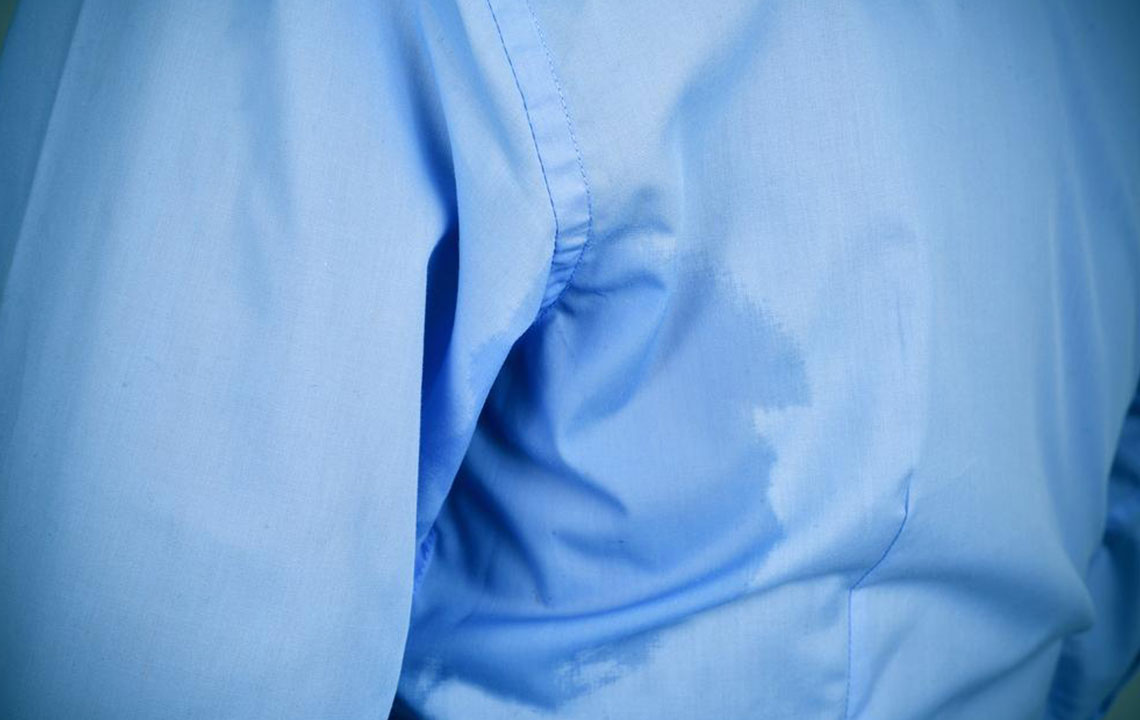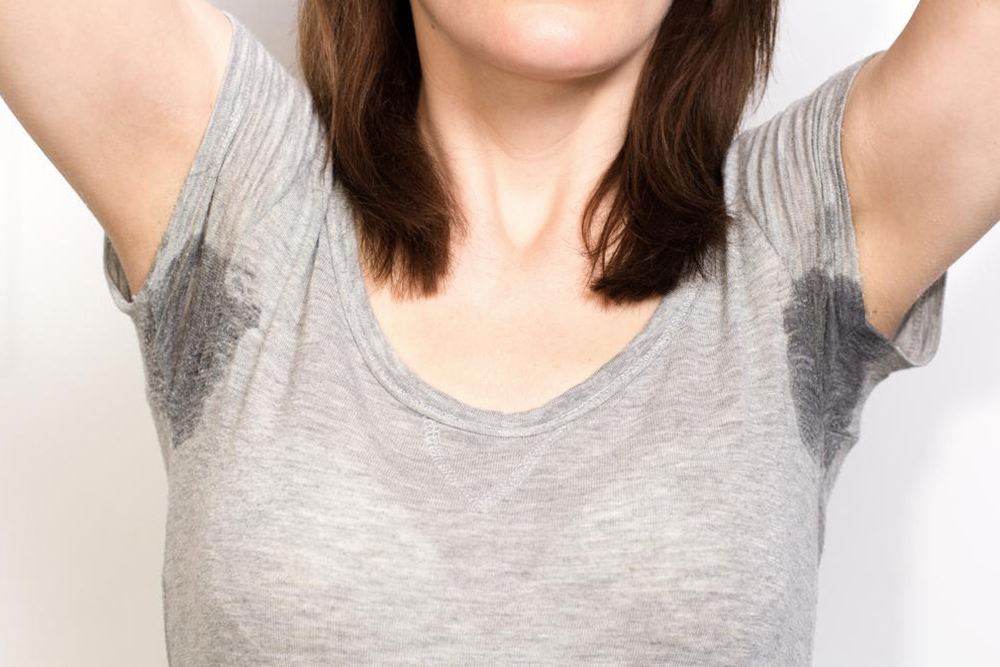Understanding Hyperhidrosis: Causes, Risks, and Treatment Options
Hyperhidrosis, or excessive sweating, can significantly impact quality of life and lead to infections and emotional stress. Causes range from genetic factors to underlying health conditions like thyroid issues or infections. Treatment options include natural remedies, medications, and surgical procedures. Early diagnosis and proper management can reduce complications and improve well-being. Lifestyle modifications, medical interventions, and preventive measures are essential for controlling the condition effectively. Consult healthcare professionals for persistent symptoms to explore suitable treatment options.

Understanding Hyperhidrosis: Causes, Risks, and Treatment Options
Excessive sweating, known medically as hyperhidrosis, is the body's way of regulating temperature but can become problematic when it occurs abnormally. This condition often affects hands, armpits, feet, and groin and may be present since birth or develop later in life. Primary hyperhidrosis typically has a genetic component, while secondary hyperhidrosis is linked to underlying health issues. Causes include hormonal disorders, infections, or medication effects. If left untreated, hyperhidrosis can lead to infections, skin irritations, and significant psychological distress.
Various treatment options are available today, ranging from natural remedies to medical interventions. Common causes include diabetes, anxiety, thyroid issues, infections, menopause, obesity, stress, medication side effects, and more. If untreated, hyperhidrosis can result in bacterial infections, warts, heat rashes, and emotional impacts like low confidence and social withdrawal. Preventive measures include wearing suitable clothing, using antiperspirants with aluminum chloride, and employing natural remedies. When necessary, treatments like iontophoresis, Botox injections, anticholinergic medications, or surgery can control symptoms effectively.
Natural and Medical Treatment Options
Antiperspirants containing aluminum chloride help plug sweat glands and reduce perspiration.
Wearing cotton and loose-fitting clothes minimizes skin irritation and sweating issues.
Natural fiber socks absorb sweat better and prevent discomfort.
Shoes made from natural leather improve airflow and reduce sweating.
Medical treatments like iontophoresis involve passing a mild electrical current through water to temporarily block sweat production.
Botox injections inhibit nerve signals that activate sweat glands.
Medications like anticholinergic drugs modify nerve impulses, reducing sweating.
Surgical options like endoscopic thoracic sympathectomy target nerve pathways to stop excessive sweating when other treatments fail.
If symptom persistence occurs, consulting a healthcare professional is advised. Recognizing causes early helps in prompt intervention, minimizing complications and improving quality of life. Preventive steps, combined with appropriate medical care, can effectively manage hyperhidrosis.










